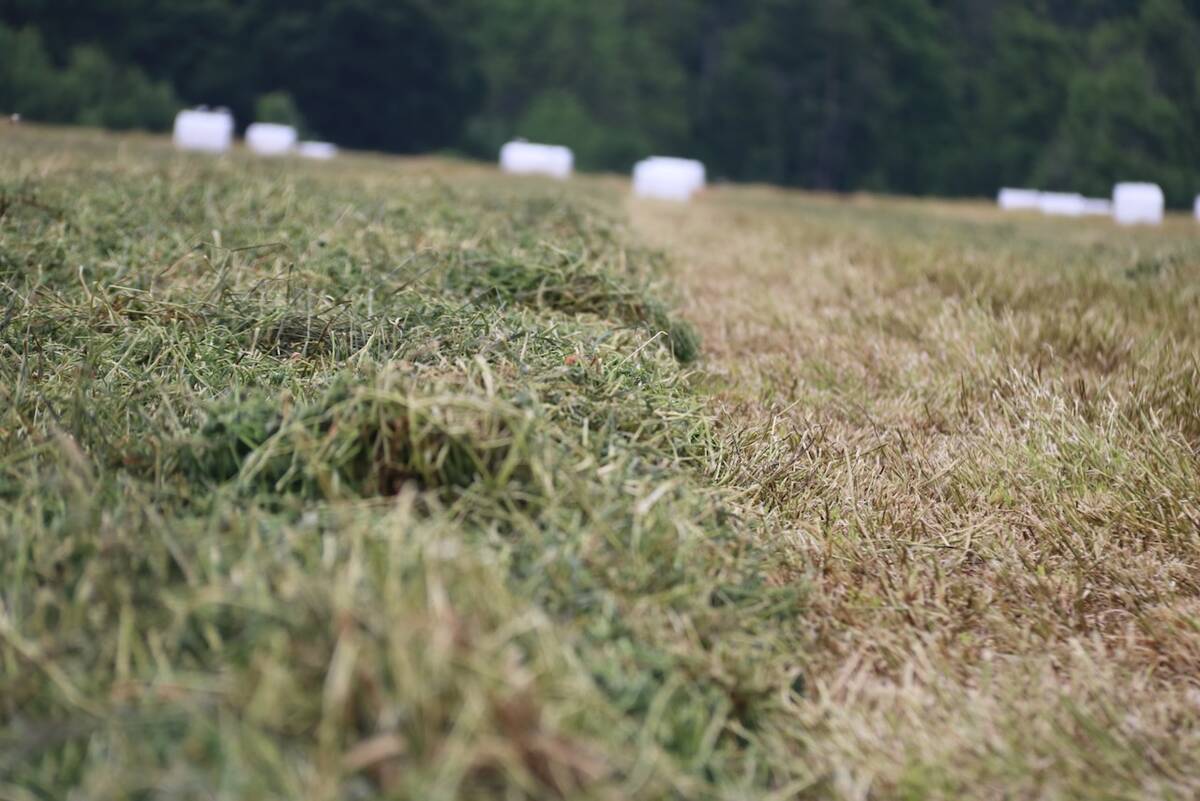Navigating your way around grain markets isn’t exactly easy, and it gets more complicated when you get into the area of trading futures contracts and options strategies. Even the most experienced grain marketer will make mistakes from time to time — here are some common ones you can try to avoid.
Go easy on yourself
Grain prices can turn quickly and whipsaw around, so trying to guess where the market is headed can be an exercise in frustration. Reg Dyck, a farm business instructor at the University of Manitoba’s ag diploma program, says if you don’t get the price you’re hoping for, or decide to sell at a less than ideal time, it’s best you try to put it behind you and move on.
Read Also

New high-performance forage training program to launch in 2026
A new Canadian Forage and Grasslands Asssociation high-performance forage program will be a resource for farmers, agronomists and others in the forage sector.
“You’re never going to hit the high of the market all the time. That’s just not possible,” he says. “Don’t beat yourself up when you make mistakes.”
- Read more: Tips on being a better grain marketer
Focus on your bottom line
Sometimes, pride can get in the way of making good marketing decisions. Neil Blue, a provincial crop market analyst with Alberta Agriculture, says grain farmers who stubbornly hang on for the best possible price often end up regretting it.
Blue maintains farmers shouldn’t fixate on getting the best price, or worry about what their neighbour might be getting, but instead focus on their own bottom lines.
It’s a business transaction
Dyck says because producers spend a lot of time, effort and money growing their crops, it’s not surprising some form an emotional attachment to them. The problem is this can sometimes interfere with a farmer’s best judgement when it comes time to market the grain.
“It’s just like the land that you own — that’s personal. And so, you get a little protective of it sometimes,” says Dyck. “You’re not thinking about it purely as a business transaction (and) that’s usually where the biggest mistakes are made.”
Walk before you can run
Blue recommends farmers don’t try their hand at more complex marketing strategies involving instruments like futures and options until they have a pretty good handle on how they work.
“It takes a bit of time to learn if someone is just starting,” he says. “It’s important to have a pretty good understanding of that before getting into it.”
Blue says interested producers could consider taking a marketing course or talking to a futures broker or a marketing advisor to help walk them through the process. He also suggests farmers try some practise trading before testing the futures market.
“Just write a position down on paper and track what its outcome would be, day to day, or week to week, without even having an account,” Blue says. “It’s like a lot of other new things. It’s just a matter of practise and learning to gain the confidence to be able to deal with it.”
















